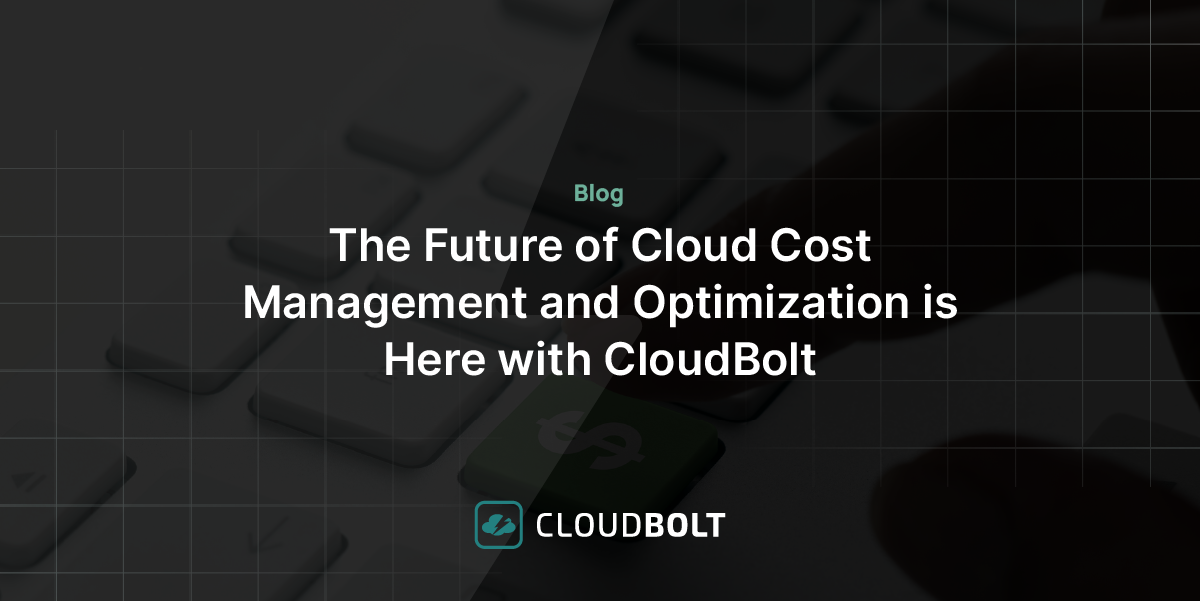How to Choose the Right Kubernetes Management Platform

Organizations are increasingly under pressure to deliver applications faster and guarantee 24/7 runtime. As a result, they’re turning to DevOps methodologies to deliver applications in an automated way. This is where tools, such as Kubernetes, come in. They deliver the required functionality out of the box.
Kubernetes is an open-source container orchestration engine. It has a vast community of contributors that make it even more popular than tools, such as Docker. It helps organizations transform their IT operations, augment collaboration between development and ops, and increase the overall agility of the business.
But there’s a problem. Managing Kubernetes can be a grueling process. It requires highly skilled staff and can be expensive. Many organizations often underestimate the level of effort required to configure and develop Kubernetes. Consequently, organizations conclude they can’t deliver it without bringing in costly external resources.
Enterprises are now investing in Kubernetes management tools that make it easier to manage Kubernetes deployments. But to get it right, you need to choose the right tool. Here are some of the factors to consider when choosing a Kubernetes management platform for your business.
1. Production-Readiness
The configuration of Kubernetes can be resource-intensive and complicated. Having a production-ready platform gives you instant access to fully automated features without the hassles associated with the configuration.
A key feature of production readiness is security. Kubernetes does come with strong security features. However, you should look for a provider that connects these features to your IT system.
Production readiness also means the solution can handle all management tasks on the cluster. Automation of backup, recovery, restore, and other functions are important to avoid resource and budget strain.
In conclusion, make sure to go for a Kubernetes platform that provides scalability, high availability, and self-healing for your applications.
2. Future-Readiness
The cloud is becoming more sophisticated with the trend toward the multi-cloud. Kubernetes allows organizations to abstract multiple clouds and data centers and build a common infrastructure. Apps can run anywhere and everywhere without having to adapt to a new hosting environment as the size of your organization grows. This involves the proper configuration of Kubernetes and the underlying infrastructure. Make sure your Kubernetes platform can handle these capabilities.
3. Easy to Manage
Managing Kubernetes clusters can be challenging. It requires a particular set of skills. You should be able to understand the mass of raw information Kubernetes generates to understand what’s going on at any time. If you’re unable to decipher what your Kubernetes deployment is telling you, you won’t be able to detect and prevent disasters.
You could always hire more personnel. However, it’s easier to invest in a Kubernetes management platform that takes over the job of analyzing raw data. A platform that’s easy to manage will give you automated monitoring and alerts about events, errors, status, and warnings. You can use this information to make decisions in real time.
4. Training and Support
Choose a vendor that provides 24/7 support and training. This can help you make your Kubernetes deployment much smoother.
Experience the leading hybrid cloud management and orchestration solution. Request a CloudBolt demo today.
Related Blogs

The Future of Cloud Cost Management and Optimization is Here with CloudBolt
It’s an exciting time to be in the Cloud Cost Management and Optimization space. The landscape is quickly changing as…

